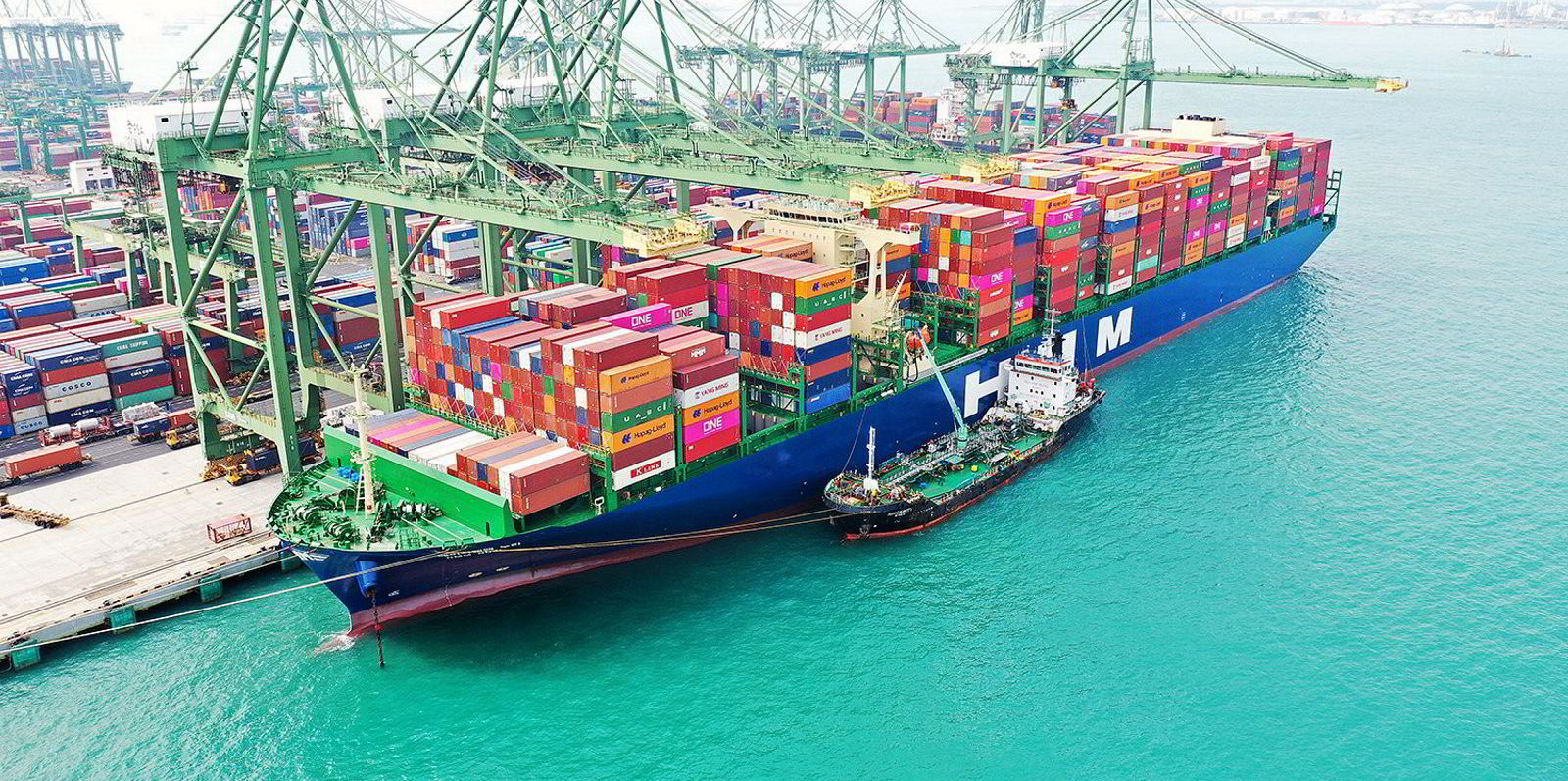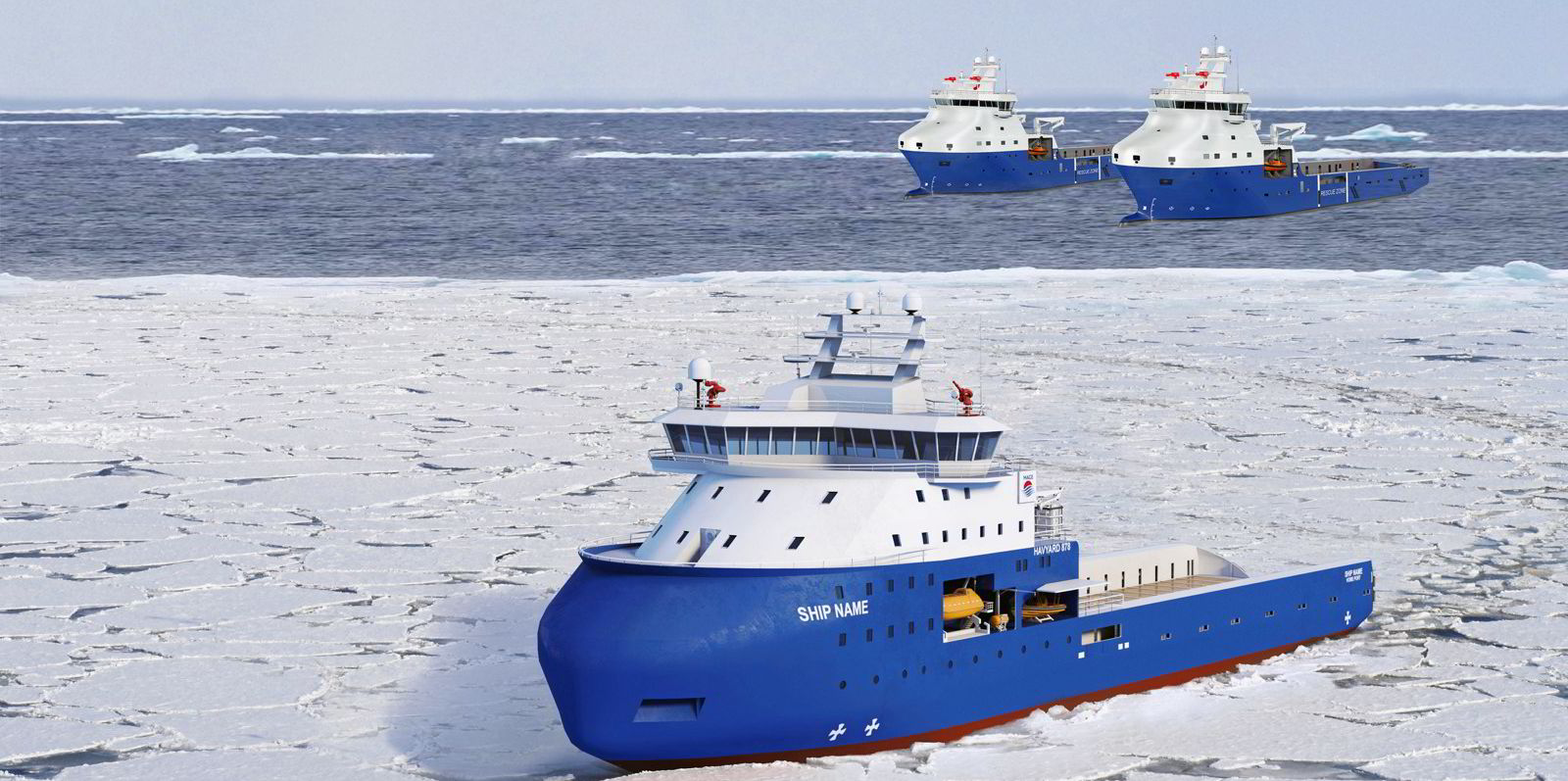A survey of high-level shipping players has revealed that the global disruption caused by the Covid-19 pandemic has increased the sector's need for digitalisation and transparency.
In October 2020, law firm Reed Smith asked a range of owners, operators, charterers, insurers and financiers how the chaos had changed their way of doing business.
A total of 45 senior executives were quizzed, made up of both contacts and clients.
The results were due at the end of last year, but the law firm told TradeWinds that the launch was postponed due to the second lockdown and general uncertainty.
But now that things are returning to some sort of normality, Reed Smith believes the time is right to look back, as well as being able to look forward more clearly.
A total of 73% of respondents worldwide had said the pandemic means they require better digital systems and IT infrastructure.
Some 63% of those asked said there was a need for more transparency in order to tackle the impact and challenges.
Nick Austin and Sally-Ann Underhill, Reed Smith's London partners, said the law firm is examining whether the unprecedented consequences have created any opportunities to change the industry for the better as the sector starts to return to the 'new normal'.
"Perhaps, more than anything, technology has been the driving force behind the world’s response to the pandemic, and the shipping industry has not been immune to an acceleration in its adoption," they said.
A fresh look
The lawyers added that the pandemic may have given industry leaders a chance to re-evaluate autonomous shipping, blockchain and electronic trading documents, and to factor the speed of change into their strategic thinking and future investments.
"How the shipping industry responds to the challenges presented by Covid-19, in the context of the wider pressure to decarbonise and utilise new technologies, could determine the shape and future direction of the industry for years to come," Austin and Underhill said.
Reed Smith believes shipping has been viewed by many as a late adopter of new technology.
But as more players have been forced to review their information technology systems as a result of Covid-19, the law firm expects the pace of take-up to increase.
Cooperation needed

More transparency would also allow the industry to get to grips with the changed landscape.
The survey found that collaboration is key to driving efficiencies, as well as the delivery of rapidly emerging environmental and social agendas.
But when it came to trade routes, only 32.5% of respondents felt these would change after the pandemic.
With a range of ports having to close during the height of the outbreak in 2020, some vessels found themselves having to alter route in order to find an accessible terminal.
For example, Reed Smith said flower exports from Kenya to Europe were particularly susceptible, with exports decreasing by half.
The law firm theorised that overall supply and demand is unlikely to change dramatically in the near term and many route changes resulted from port closures, which are unlikely to continue to the same degree even though Covid-19 is likely to remain with us for some time.
Planning for the future
Scenario planning over the next five years is seen as increasingly necessary.
Two in five respondents said preparing to solve technology issues will be most vital, while 20% opted for environmental questions.
Reed Smith said the geopolitical impacts of Covid-19, such as an increase in protectionism, have been felt across the globe alongside many of the existing political challenges in some nations, such as Brexit in Europe and a new stance on international trade in the US after the election of Joe Biden as president.
Respondents were split on what aspect of digitalisation would be most important, with 39% going for automation and the same percentage picking environmental issues.
Fuel concerns
The law firm said renewable fuels, and the technology needed to implement them, are at the forefront of discussions on how to meet the IMO’s 2050 target.
"The industry will undoubtedly see more emission regulations being introduced in the future, given that protecting the environment and mitigating climate change have become a key focus for all industries across the globe," the survey said.







